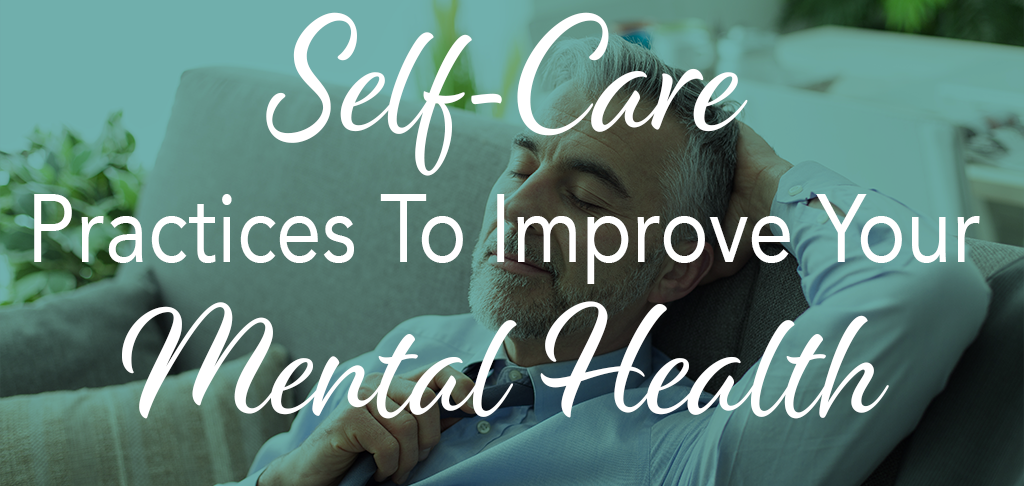As we enter the second week of April, spring is in full swing. I hope everyone approaches their work with a renewed sense of life and vigor as you see all the beauty of nature in full bloom.
In this month’s issue, I want to focus on providing education about emotional support animals vs. service animals.
When my husband and I were first married, he relied on a Seeing Eye dog to travel, and I gained firsthand experience in the importance of educating the public to facilitate the guide dog user’s travel success.
For example, I remember often needing to tell others about the importance of not petting the dog or sneaking food if the dog is to work effectively.
In this month’s issue, I want to help therapists understand the importance of our role in providing letters for ESA letters to clients.
As a therapist, you may be asked by your clients to write a letter supporting their request to obtain an emotional support animal. While this concept may be unfamiliar to some mental health professionals, it is important to understand the differences between emotional support and service animals and the federal laws in the United States that pertain to these animals in the areas of housing, travel, and public accommodation.
Service Animals
Service animals are animals that have received special training to help a person with a physical, sensory, cognitive, or psychiatric disability. These animals are protected by Title II and Title III of the Americans with Disabilities Act (ADA), and their work must be directly related to the person’s disability.
Emotional Support Animals
On the other hand, emotional support animals, sometimes known as comfort animals, may help provide support to an individual by helping mitigate symptoms of depression, relieving loneliness, and/or providing companionship.
However, these animals are not trained to provide a service to a person with a disability and are not covered by the ADA.
As a mental health professional, it is essential to consult laws in your specific jurisdiction regarding emotional support animals since they vary from place to place. Emotional support animals do not have specialized training, and these animals are not protected by the ADA.
Under the ADA, the owner of a housing facility is required to allow a service animal on the premises, and the owner is not allowed to charge a fee or deposit for the service animal.
Additionally, owners of the housing may be required to allow emotional support animals for persons with psychiatric or other disabilities. Landlords may require proof of disability and verification that the animal is an emotional support animal.
Under the ADA, service animals must be allowed to travel with the person with a disability. The transportation provider may not charge a fee for the animal, and the person with a disability is not required to provide prior notice.
Individuals wishing to travel with an emotional support animal on an airplane may be required to provide documentation from a licensed mental health professional stating the person’s mental health diagnosis.
Verified service animals are covered by the ADA and must be permitted in public spaces such as restaurants and shopping centers. Emotional support and therapy animals are not protected by the ADA and should not be allowed in public places unless the establishment permits pets or other animals.
When faced with a request to write a letter for a client related to emotional support and/or service animals, it is important to verify the client’s psychiatric disability and the need for the animal in the client’s treatment.
Professionals should also understand that the illegitimate use of emotional support animals confuses the public and may ultimately jeopardize the effective working relationship of the person who uses a service animal to mitigate the effects of their disability.
If the therapist determines the ESA letter is necessary for the patient’s proper functioning, the letter of verification should include the professional’s license, state or jurisdiction of the license, the date(s) of the license, the individual’s clinical diagnosis, a statement that the individual is under the care of this professional, and that the animal is necessary for the individual’s functioning/treatment.
Resources
If you would like more information, check out some of the additional resources below:
- Fact Sheet on Service Animals (ADA National Network, 2017)
- Frequently Asked Questions about Service Animals and the ADA (US Department of Justice, July 20, 2015)
- Emotional Support Pet
- Psychiatric Service Dogs & Emotional Support Animals: Access to Public Places & Other Settings
- Service Animals and Emotional Support Animals (Southwest ADA Center, 2014)
I hope this information is useful to you. If you have any questions or concerns, please do not hesitate to contact me about this topic or other accessibility concerns.
If you are interested in wellness coaching or therapy and are looking for help for a disability or chronic illness, are in the military or a military family member, or are seeking Christian-centered services, please contact me through my website: https://www.counselingbykimberly.com/
Best regards,
Kimberly R. Duff MS, LPC, CRC
Owner and Therapist, Overcomers Counseling, LLC










